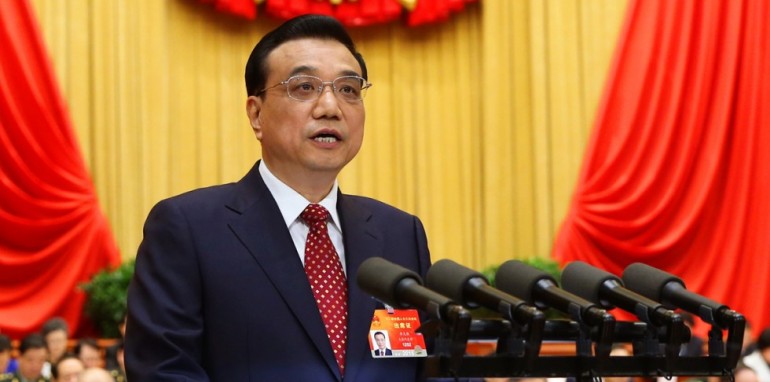For the last several months, the petroleum coke (petcoke) market has been on tenterhooks. A law released in China last September and coming into force on January 1 banned the production, sale or burning of “unqualified” petcoke. The punishment laid out in the new law called for the petcoke cargo to be confiscated and the lawbreaker being fined up to three times the value of the cargo.
But the new law failed to define what constituted “unqualified” petcoke, instead calling for a new National Standard to deal with this question.
Since then there has been precious little information released. There was an announcement mid-February that a new Industry standard would come into effect March 1, but that date has come and gone with no sign of the new standard. And that’s an industry standard, not a national standard, and is classified as “recommended”, in other words not mandatory.
Along the way, we have had several scares all driven by rumours. December 10 was supposed to be a key date. January 1 was supposed to be the day the new law came into force. February 14’s announcement of the industry standard was mis-interpreted by many as being the day that a ban on imports of high sulphur petcoke would be announced. The absence of hard information has led to more confusion, rumour and heartburn for some traders.
Some industry observers thought that maybe some new rules and details would emerge from the National People’s Congress (NPC) currently being held in Beijing. This is China’s one-week-per-year parliament, which ratifies decisions already made by the Communist Party.
So, what exactly was said in the NPC on petcoke or on the more general topic of air pollution? (The law announced last August was a law addressing all forms of air pollution.)
Premier Li Keqiang gave his annual report today, and it included sections on the next five years and 2016 in particular. His report included the following:
This year, we will ensure that … sulfur dioxide and nitrogen oxide emissions are cut by 3%, and the density of fine particulate matter (PMzs) in key areas continues to fall. We will focus on promoting the reduction of emissions from the burning of coal and motor vehicles.
That’s it. Sulphur dioxide emissions to be cut (by 3% - I wish he had chosen another number as the target!) but there’s no context of present levels. He talks about coal and motor vehicles, which are the first two categories in the new law, petcoke being the third.
It’s possible that further documents and protocols will be issued in the dying days of the NPC, or that the relevant government departments and agencies will use the NPC as a catalyst of sorts - a form of new year’s resolution. But it would be a challenge for any well-meaning Communist Party cadre to concentrate on petcoke when the big boss is calling for focus on coal and motor vehicles.
The context of Premier Li’s few words on air pollution are also important. Premier Li outlined eight major tasks for 2016, of which tackling air pollution was number 6. Economic development, structural reform and agricultural reform all got more airplay.
It remains AZ China’s contention that the focus on what might be announced or implemented this year is misplaced. China continues to add more aluminium capacity and make more metal (despite a slowdown in the last couple of months), yet production of anode grade petcoke is stagnant or falling. Sooner or later demand for petcoke from the aluminium industry will outstrip supply, and questions of what actions China will take in relation to air pollution, imports, national standards and so on are only a question of when that shortage will bite.
That’s not to say that questions about selling high sulphur petcoke to China are not important. There are trading companies out there who are shedding staff right now, worried that they may not have a business in this area very soon. It’s an important question for people’s job security, risk management, sales projections and so on, but an absolute shortage of anode material is important to everyone.







No comments
Be the first to leave a comment.